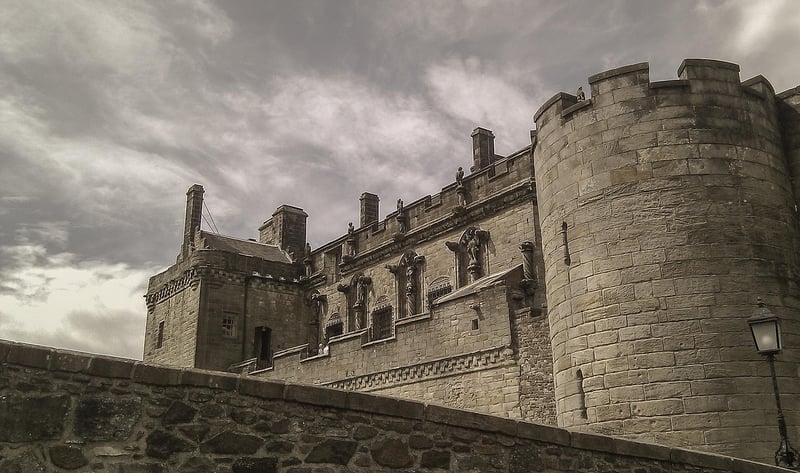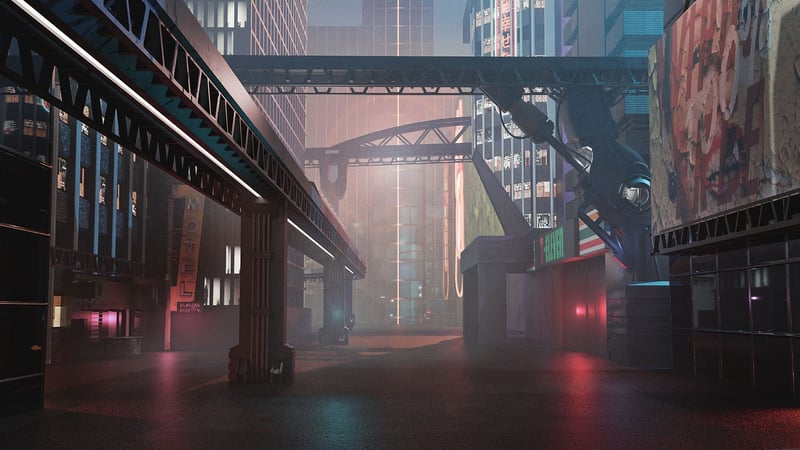Future Dystopia
Exploring Different Eras and a Future Dystopia
A Glimpse into History
History is a vast tapestry woven with the threads of different eras, each unique in its own way. From the ancient civilizations of Egypt and Mesopotamia to the medieval kingdoms of Europe and the industrial revolution of the 19th century, each era has left its mark on the world.
Ancient Civilizations
Ancient civilizations like the Egyptians and Mesopotamians built magnificent pyramids and temples, developed sophisticated writing systems, and made significant advancements in areas such as agriculture and mathematics.
Medieval Times
The medieval period in Europe was characterized by feudalism, chivalry, and the rise of powerful kingdoms and empires. Castles dotted the landscape, knights roamed the countryside, and the bubonic plague ravaged populations.
The Industrial Revolution
The industrial revolution brought about a wave of technological advancements, transforming societies from agrarian to industrial. Factories sprung up, steam engines powered transportation, and cities grew exponentially as people flocked to urban centers in search of work.
Visions of the Future
While the past is a lens through which we can view our present, the future remains a realm of endless possibilities and uncertainties. One common theme that has captured the imagination of writers, filmmakers, and thinkers is that of a dystopian future.
What is Dystopia?
A dystopia is a fictional society characterized by oppressive societal control, mass surveillance, dehumanization, and often a bleak, totalitarian government. Dystopian worlds are often depicted as the antithesis of utopian societies, where everything is far from perfect.
Imagining a Future Dystopia
Authors like George Orwell with "1984" and Aldous Huxley with "Brave New World" have painted vivid pictures of future dystopias where individual freedoms are curtailed, truth is manipulated, and conformity is enforced.
Exploring Themes
Themes commonly found in dystopian literature include surveillance, propaganda, loss of identity, environmental degradation, and the consequences of unchecked technological advancement.
Conclusion
By exploring different eras of history and contemplating the possibilities of a future dystopia, we gain a deeper understanding of the human experience and the choices that shape our societies. Whether looking back or forward, each era offers valuable lessons and insights that can help us navigate the complexities of our world.



